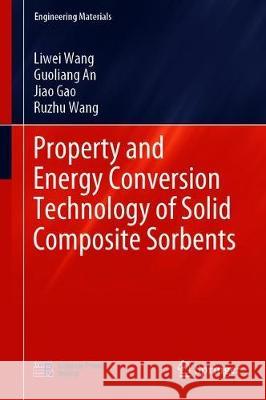Property and Energy Conversion Technology of Solid Composite Sorbents » książka
topmenu
Property and Energy Conversion Technology of Solid Composite Sorbents
ISBN-13: 9789813360877 / Angielski / Twarda / 2021 / 282 str.
Property and Energy Conversion Technology of Solid Composite Sorbents
ISBN-13: 9789813360877 / Angielski / Twarda / 2021 / 282 str.
cena 404,42
(netto: 385,16 VAT: 5%)
Najniższa cena z 30 dni: 385,52
(netto: 385,16 VAT: 5%)
Najniższa cena z 30 dni: 385,52
Termin realizacji zamówienia:
ok. 16-18 dni roboczych.
ok. 16-18 dni roboczych.
Darmowa dostawa!
Kategorie:
Kategorie BISAC:
Wydawca:
Springer
Seria wydawnicza:
Język:
Angielski
ISBN-13:
9789813360877
Rok wydania:
2021
Wydanie:
2021
Numer serii:
000089500
Ilość stron:
282
Waga:
0.60 kg
Wymiary:
23.39 x 15.6 x 1.75
Oprawa:
Twarda
Wolumenów:
01
Dodatkowe informacje:
Wydanie ilustrowane











